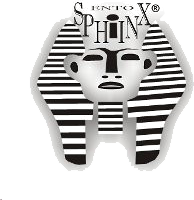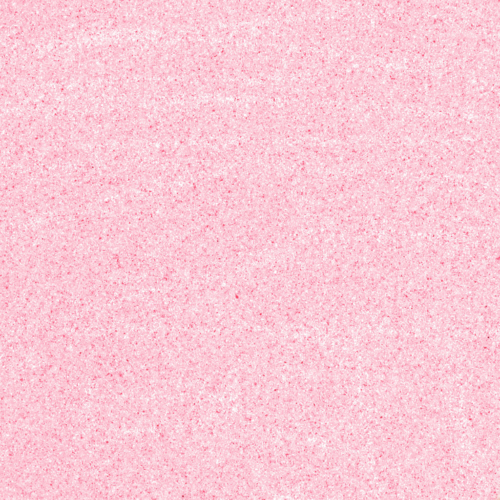



Thymol is a natural aromatic organic compound derived from thyme (Thymus vulgaris) essential oil. In solid form, it appears as white or yellowish crystals with a strong characteristic scent. It is widely used in entomology for preserving insect collections.
Use in Entomology:
Thymol crystals are used to protect insect collections from mold, bacteria, fungi, and other microorganisms that may damage specimens during storage.
Key Features:
Antiseptic and antifungal properties – eliminate microbes and prevent mold growth
Slow vaporization – active compounds are gradually released over time
Does not damage specimens – non-staining and does not cause color changes
Easy to use – requires no special tools or knowledge
Neutralizes odors – reduces unpleasant smells from moisture or decay
Usage Instructions:
Place a small amount of crystals (a few grams) into a small open vial or container.
Insert the container into a corner of the display box.
Ensure the box is sufficiently sealed for proper vapor action.
Check periodically and refill as needed once crystals evaporate.
Advantages:
Natural and safe for insect specimens
Long-lasting effect without constant supervision
Compact – small quantities are sufficient
Widely used by professionals in museums and universities
Disadvantages:
Strong odor – may be overwhelming in small or enclosed spaces
Requires airtight storage – to prevent premature evaporation
Needs periodic replacement
Less effective in large or unsealed display boxes